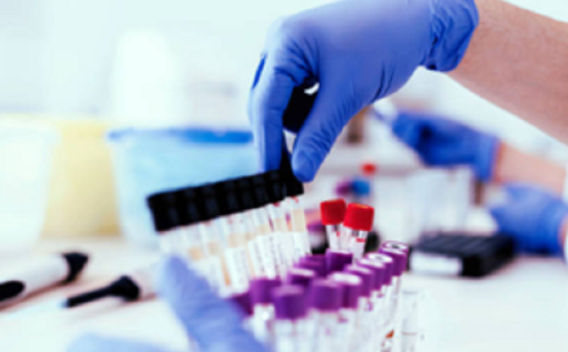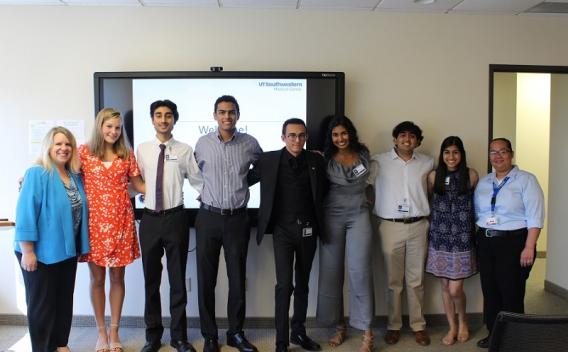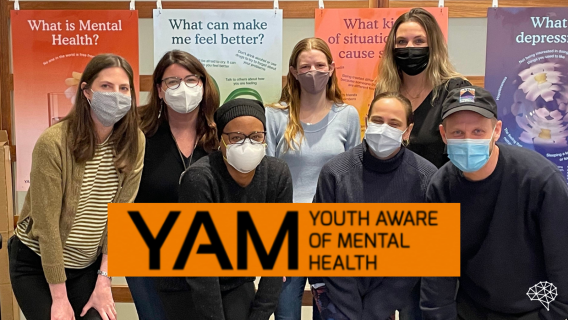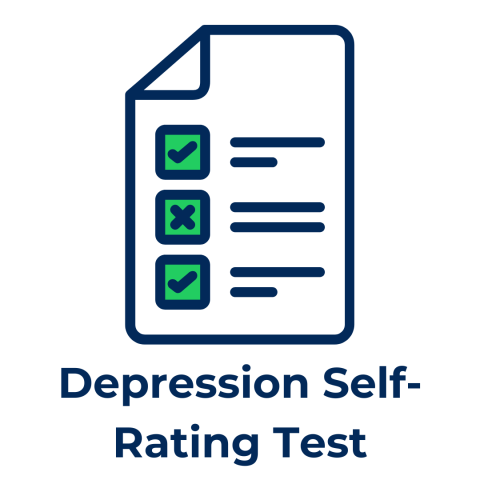Focus on youth to improve diagnosis, treatment, and suicide prevention
Mental illness, such as depression, often begins early in life. Approximately one in 11 children experience some form of depression before the age of 14, and many report their first episode of depression occurred between the ages of 12 and 13. This timeframe is also a critical phase in adolescent brain development that could have far-reaching consequences on their physical, emotional, and social well-being as adults.
Resilience and risk factors related to youth depression are not well understood, and addressing mental illness in youth will not only require screening and treatment, but also early intervention and prevention for those at risk. Particularly, little is known about how to build resilience, which is an interactive process that occurs as a result of life events, individual characteristics, and environmental influences. As we begin to understand how this process works, we may begin to identify strategies to improve resilience, and thereby reduce the risk of serious mental illness.
Programs Focused on Youth and Young Adults
Furthering Research into Suicide Prevention
Our priorities at the CDRC include studying biomarkers related to youth suicide risk and more effective ways to treat suicidal ideation and behavior. To further this goal of reducing adolescent suicidality, our team has received two grants from the American Foundation for Suicide Prevention (AFSP) and the National Institute of Mental Health (NIMH). Because depression often begins early in life, our goal is to proactively study the disease in young people to ultimately prevent or minimize its impact population-wide.
Mental Health Promotion & Resilience-Building
Developed within the CDRC, this program highlights emotion recognition and management, relaxation response activities, and empathic relationships as protective factors to encourage an attitude of mindfulness, acceptance, and mental flexibility. Increasing feelings of self-efficacy ultimately teaches young adults that they are reliable partners in their own mental health promotion.
Developing a Biosignature for Depression
The Texas-Resilience Against Depression (T-RAD) program collects genetic, clinical, demographic, behavioral, and biological information from individuals at risk and those who have been diagnosed with depression or bipolar disorder. Through this 10-year program of 5,000 people, we hope to determine how best to treat and reduce the risk of mood disorders.
Depression Screening & Better Care
The TX-YDSRN hub is led by Dr. Madhukar Trivedi at UT Southwestern and co led by Dr. Sarah Wakefield at Texas Tech University Health Science Center. The purpose of this research network is to improve the evaluation of and response to the increasing problem of youth depression and suicide in Texas. This will be accomplished by evaluating the healthcare system in Texas as it relates to screening, responding, and monitoring youth symptoms indicative of depression and/or suicidal behaviors; and examining if the different ways in which youth depression presents in a primary care setting (e.g., sad v. irritable) might correlate with a best response with certain treatment (e.g., cognitive behavioral therapy v. supportive therapy).
To learn more, visit our website.
Mental Health Promotion, Resilience, and Suicide Prevention
Youth Aware of Mental Health, YAM, is an interactive program for adolescents promoting increased discussion and knowledge about mental health, suicide prevention, and the development of problem-solving skills and emotional intelligence. YAM brings different learning methods together with the fundamental components of the program being as follows: five interactive sessions, role-playing, informational reading materials and posters for display in the classroom.
Supporting Research
Conducting the best, and most timely research involves creating the ideal environment to run research effectively. To accomplish this, we have three dedicated facilities focused on different areas of our research.
Find out more
Investing in the Future
The CDRC is committed to providing learning opportunities for clinicians, students, and anyone in our community interested in learning more about mental health and resilience. Through many of our programs, we are training the next generation of mental health care providers and increasing the quality of treatments to patients in North Texas.
Find out more
Monitoring for Wellness
Self-monitoring involves keeping a personal record of your moods and behaviors in order to track trends over time. This allows individuals to observe how their mental state changes and provides concrete data to show how they are progressing, and which symptom profiles need attention.
Find out more
Solving Depression, Saving Tomorrows
Be part of the great impact we're having on science and medical care across the globe.
At the Center for Depression Research and Clinical Care, our approach is a multi-faceted one involving many areas of engagement. An important element of translating our research into practice involves becoming a part of the clinical and educational systems of our communities: local, regional and national.










